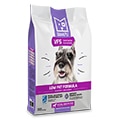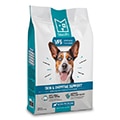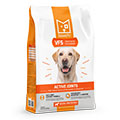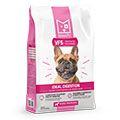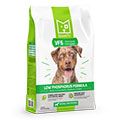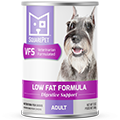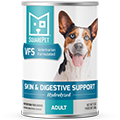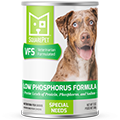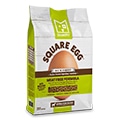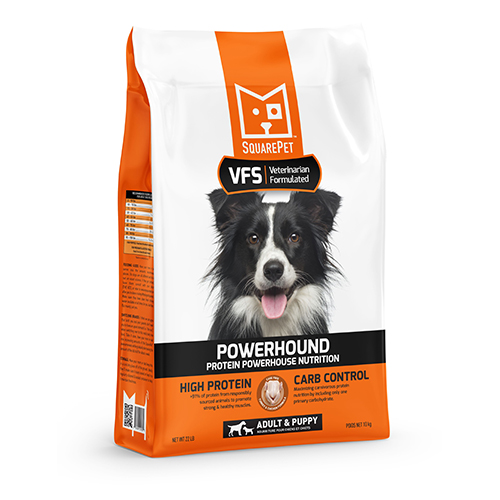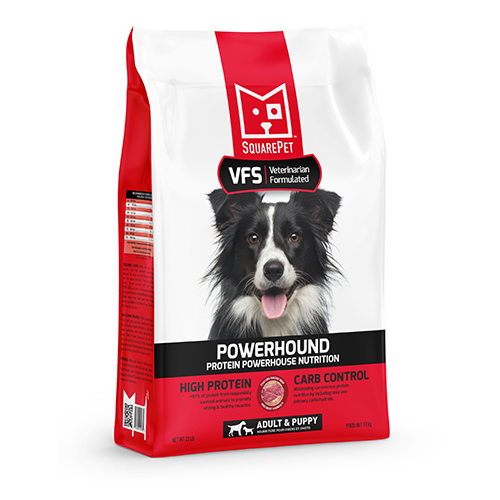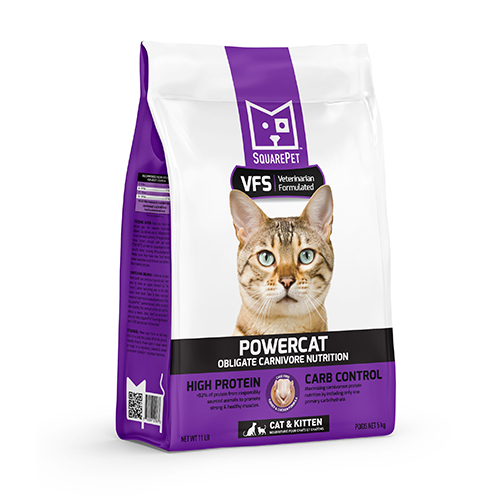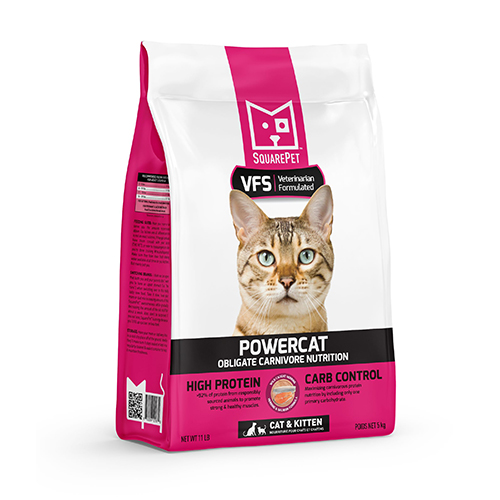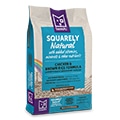In regards to the topic of life longevity the determination of how long a pet will live is a function and an interaction of three components:
- Genetics
- Exposome
- Nutrition
GENETICS
The genetic blueprint of a pet is determined at birth. This blueprint encompasses size, shape, activity, personality, propensity to developing disease, potential life span, and everything about a pet. This is genetic code is unchangeable and is akin to the hand-that-you-are-dealt at birth. But it is known that if proper nutrition is not consumed, pets may not grow to their full genetic potential and/or they may be more predisposed to developing illness/disease over their lifetime. This can greatly impact not only the length of their survival but the day-to-day quality and enjoyment of life.
EXPOSOME
The exposome (google it) is essentially an accumulation or running total, of all the environmental exposures one encounters throughout their lifetime. Environmental exposures can be defined as bad exposures – radiation from the sun, pollutants in the air, toxin ingestions, etc. If a pet is exposed to an unhealthy environment or forced into an unhealthy lifestyle this predisposes them to oxidative stress (oxidative stress = damaged/dead/non-viable cells). If the level of oxidative stress is large or chronic, this can lead to a chronic disease state and therefore impact the length and quality of life.
NUTRITION
The influence of nutrition plays a huge role in not only helping a pet to reach their full genetic potential but also with combating the exposome and therefore extending the length and quality of life. Consuming healthy nutrition that is veterinarian formulated or veterinarian recommended with optimum amounts and ratios of essential and non-essential amino acids, essential fatty acids, micronutrients will help to strengthen the immune system. The healthiest dog food can help to proactively and reactively defend against oxidative stressors (bad things in
the environment). In addition to basic nutritional elements, consuming a dog food with antioxidants like vitamins C & E will help to scavenge free radicals and lessen the impact of oxidation within the body.
Some might recognize that this closely parallels the age-old discussion of nature vs. nurture. A dog born with superior genetics, provided the healthiest dog food and an excellent environment will certainly have a longer and higher quality of life than a dog born with inferior genetics, poor nutrition and a substandard environment. However it would be nice to perceive that if a dog was born with inferior genetics but supplied excellent nutrition, a loving/nurturing environment, and proper medical care, the length and quality of life would be greatly increased.
